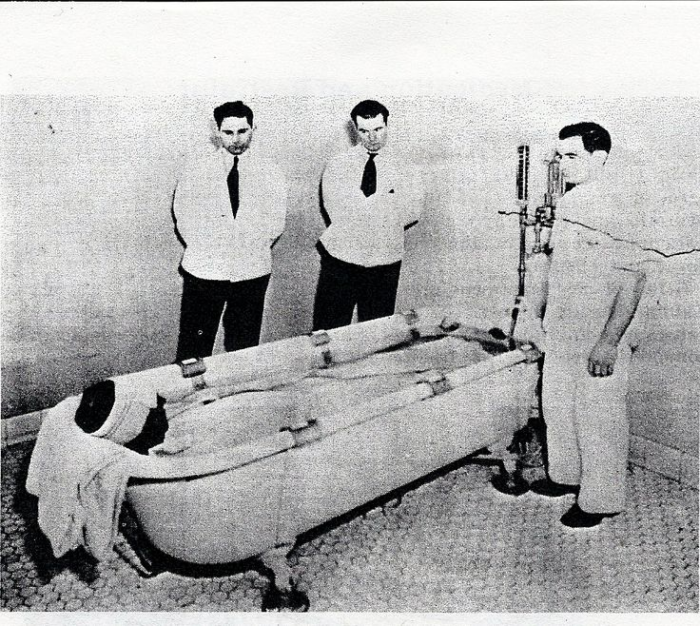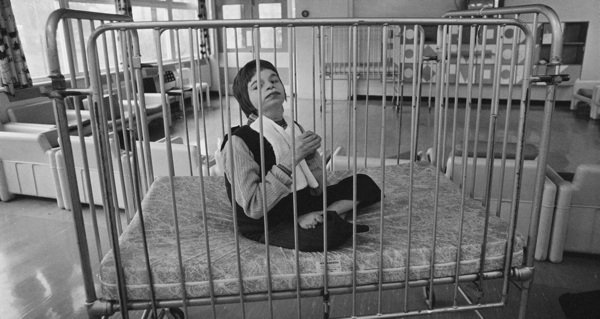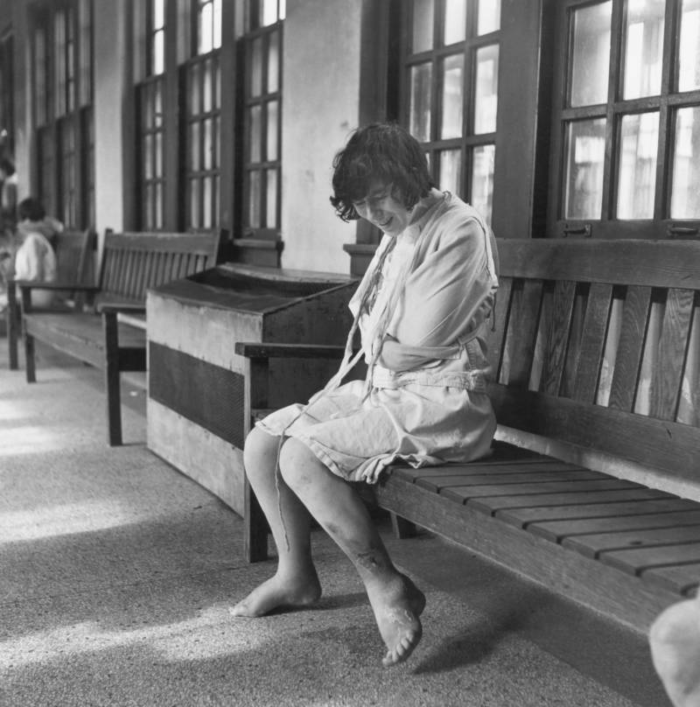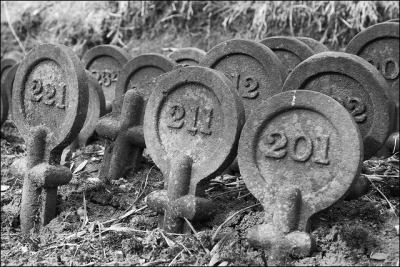By Khadija Rida
We hear stories from the late 1800s-1900s about insane asylums. All the horrors of screaming in the dark hallways; the experiments, straitjackets, and the list goes on. We are both mesmerized and frightened by these stories. But what is it exactly about asylums that scare us? Even though asylums were seen as a glimmer of hope for many people, a way to have protection, care, and have a cure,
Barbaric experiments
When treatments were done the patients were more like test subjects and not humans. The treatments done was more like torture methods than medical treatments. Many experiments had a lot of risk factors and were not performed well. It was also not thought of as well. Many experiments were also of trial and error to find new cures. Some of these treatments such as lobotomy had low survival rates and if it did work you would probably have died a couple of days later or lost cognition and/or motor skills. Some treatments were also utterly useless and baseless as to why it would work. For example treatments such as spinning and branding. The only outcome of spinning was vomit and branding just produced scars and it did not cure the patients but tortured them instead.
Confinement and loss of control
We are free individuals and as free individuals, we decide what we want to do at any given time. We decide who we talk to, what we eat, where we go, and etc. Imagine yourself as you enter an asylum. As soon as you go in you are no longer a free human and now you can say goodbye to all that freedom you had. You are surrendering all your rights and are submitting to the asylums. You lose all freedom and must ask permission before doing anything or you might not even be able to ask because you could probably be chained down or in a locked cage. Now you can’t choose who you want to talk to, you can’t choose what you eat, and where you go. You can also be locked in a room or cage in the dark for years without any human interaction. You can be strapped for long periods of time that your skin is growing over the restraints. Another horrible thing is that your choice does not matter. Anything can be done to you.without your consent. Doctors can perform any cruel and deadly experiments even if you are screaming your lungs for them to let you go. You can also get raped, beaten, starved, and isolated. As you lose freedom you become bored and lonely enough to make you go even more insane.
Questioning our own sanity
As we hear these amazing stories about asylums sometimes we can’t help but wonder our own sanity. You might wonder what is the chances that you are not all right just like the patients. You might wonder what are the chances that you could have been admitted to an asylum institution. Even though anything could get you admitted to an asylum back then. But of course, It’s perfectly normal to question your sanity and is completely natural to reflect on yourself. But sometimes we can’t help but overthink especially after hearing about asylums and the experience of patients.
A reminder of death and being forgotten
If you were admitted to an asylum by your family or loved one’s chances are that it might be the last time you see them. Unfortunately, that was the case of many patients. Sometimes family members just ignore the patients and eventually forgets them. They see this as a way to get rid of you even if you are insane or not. Many sane women have placed asylums due to their “rebellious” behavior and sometimes might not befit the husband’s expectations. In this way, it was an alternative to divorce. Children who also had “difficult” personalities were also admitted to asylums. Thus they were subjected to inhumane conditions, starvation, forced through “treatments”, and were humiliated which had a very negative effect on their stability. As plenty of them would enter the asylum being sane but then would soon become insane. With the fear of loneliness, the fear of no one visiting them, the fear of losing their sanity, the fear of passing away only to be found days later after their death and having their little square stones with a number on it instead of their names. Nobody wants to lose their identity and wants that to be their life story. Yet insanity, loneliness, and death was the life story of more than thousands of people. Hence it serves as a reminder of our own deaths and how we will soon be forgotten as well.



